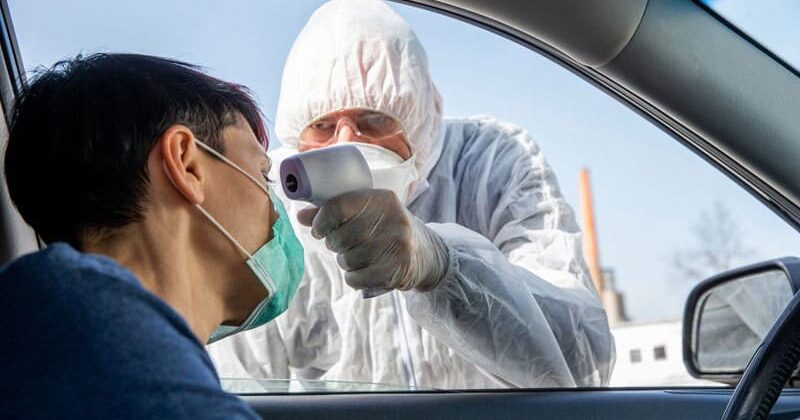RESEARCH
DISCOVERY
A Blog Devoted to UD Innovation, Excellence & Scholarship
COVID-19
COVID-19 Conspiracy Theories
Prof. Joanne Miller discusses the danger of spreading rumors and machinations about the virus
UD Prof. Joanne Miller says people feeling a heightened sense of lack of control or uncertainty in the face of the coronavirus (COVID-19) global pandemic would be more likely to potentially go to conspiracy theories as a way to regain some of that control.
That resistance escalated into anti-social distancing protests in several states.
Conspiracy theory expert Joanne Miller, University of Delaware associate professor of political science and international relations, answered a few questions about the danger and psychology at work behind these beliefs regarding the coronavirus. The conversation has been edited for brevity and clarity.
Q: Why is COVID-19 a prime target for conspiracy theories?
We see conspiracy theories, for example, that 5G technology is spreading the virus. In the United Kingdom, some people have actually set fire to 5G towers. Believing the 5G conspiracy theory gives us some control because it gives us something to fight. And that’s a sense of control that we can gain back. We can’t fight the virus itself, but if we can find the thing that we think is causing the virus that helps to regain some control.
Q: What is the potential danger in conspiracy theories, especially when it comes to something like COVID-19?






